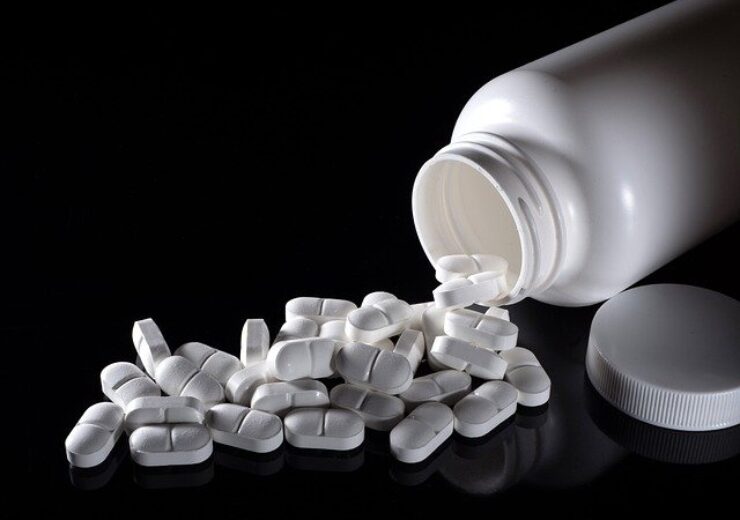Cibinqo was approved in Japan based on results from four Phase 3 studies in 1,513 patients, along with a long-term extension study

Pfizer’s Cibinqo approved in Japan. (Credit: Lucio Alfonsi from Pixabay.)
Pfizer has secured Japan’s Ministry of Health, Labour and Welfare (MHLW) approval for Cibinqo (abrocitinib) to treat a type of atopic dermatitis (AD).
The drug is indicated for moderate to severe AD in adults and adolescents aged 12 years and above, who show inadequate response to existing therapies.
Cibinqo is an oral, once-daily, Janus kinase 1 (JAK1) inhibitor, and is offered in Japan in 100mg and 200mg dosage formulations.
Inhibition of JAK1 is believed to modulate multiple cytokines involved in the pathophysiology of AD, including interleukin IL-4, IL-13, IL-31, IL-22, and thymic stromal lymphopoietin (TSLP).
The JAK1 inhibitor was granted Great Britain marketing authorisation by the UK Medicines and Healthcare products Regulatory Agency (MHRA), last month.
Pfizer has filed regulatory applications with different countries around the world for the review of Cibinqo, including the US, Australia, and the European Union (EU).
Pfizer biopharmaceuticals group president Angela Hwang said: “There have been limited treatment options available for moderate to severe atopic dermatitis and we’re hopeful for the positive impact CIBINQO may have on the lives of people in Japan living with this chronic and potentially debilitating disease.
“We want to thank the Japanese Ministry of Health, Labour and Welfare, as well as all those who participated in our extensive clinical trial program and their families, for making this important treatment option a reality. Our priority will now be to ensure CIBINQO is routinely accessible to as many patients as possible.”
The MHLW approval of Cibinqo was supported by the results from four Phase 3 studies in 1,513 patients, along with a long-term extension study from a clinical trial programme.
AD is one of the most common, chronic, relapsing childhood dermatoses that affect up to 10% of adults and up to 20% of children across the world.
The skin disease is characterised by inflammation of the skin and skin barrier defects, including erythema, itching, induration or papulation, and oozing.
